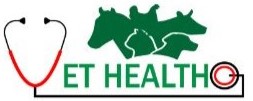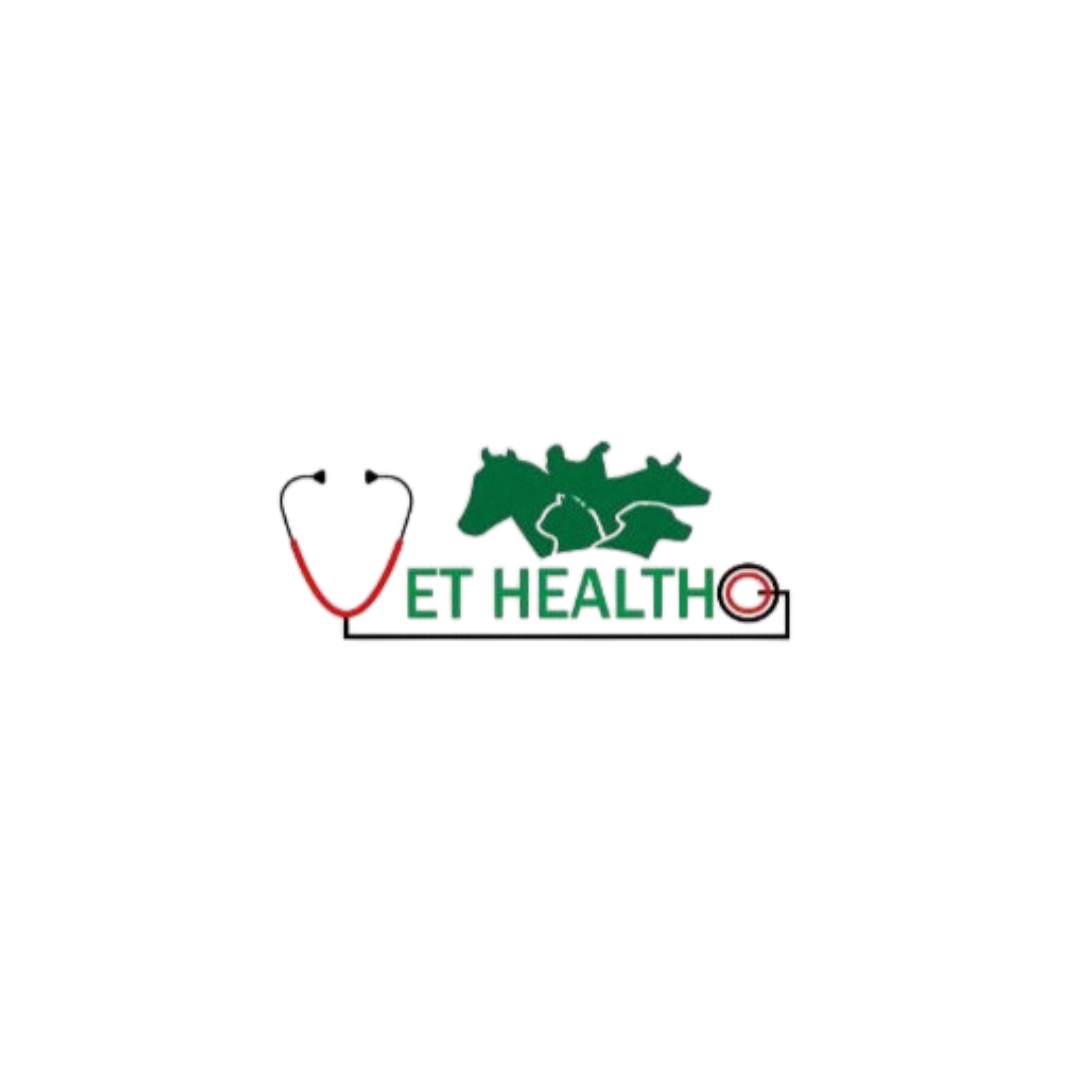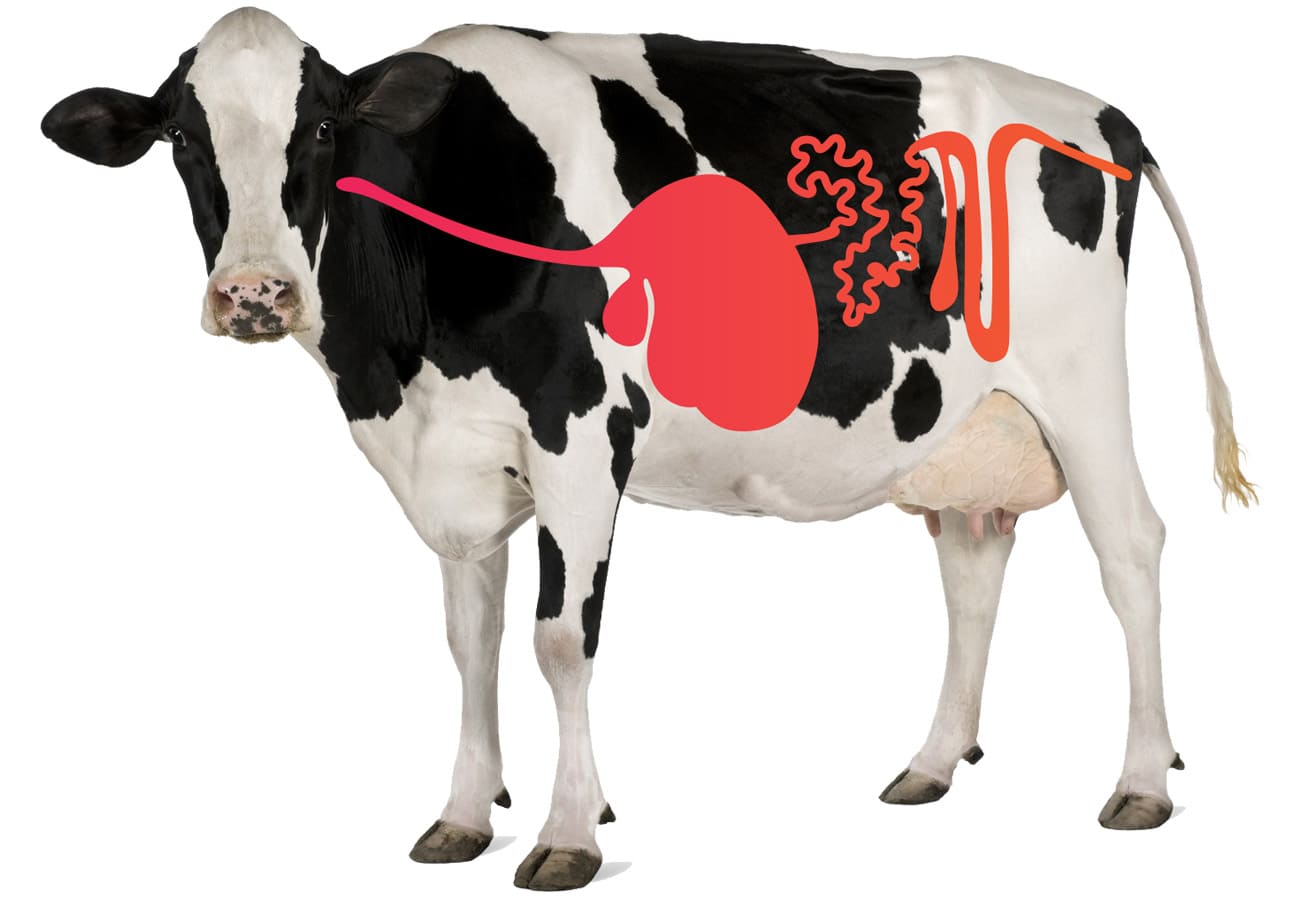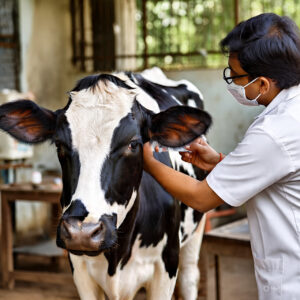Digestive issues in cows are common health problems that can affect milk production and overall well-being. Understanding these issues early helps in managing your herd effectively.
Digestive problems in cows are a major concern for dairy and cattle farmers as they directly affect animal health and milk production. The most common digestive issues include bloat, acidosis, indigestion, and diarrhea. Understanding the causes, symptoms, and treatment methods can help maintain your herd’s health and improve productivity.
Causes of Digestive Issues:
- Sudden changes in diet, especially excessive grain intake
- Poor quality or contaminated feed
- Inadequate water supply
- Parasite infestations
- Stress due to environmental or management factors
Symptoms to Watch For:
- Reduced appetite and weight loss
- Swelling on the left side (bloat)
- Excessive salivation or drooling
- Diarrhea or constipation
- Decreased milk yield and lethargy
Management and Prevention:
- Balanced Diet: Providing a consistent, balanced ration with adequate roughage is crucial. Sudden changes in feed composition, particularly abrupt increases in grains or concentrates, often lead to acidosis or indigestion. Ensure the diet meets the nutritional requirements based on age, breed, and production stage.
- Clean Water: Cows need constant access to clean, fresh water. Water scarcity or contamination can disrupt digestive processes and worsen symptoms.
- Regular Deworming and Parasite Control: Parasites in the digestive tract can cause malabsorption and chronic digestive issues. Regular veterinary-approved deworming protocols help maintain gut health.
- Use of Probiotics and Feed Additives: Adding probiotics to the feed helps maintain a healthy microbial balance in the rumen, improving digestion and reducing risks of bloat and acidosis. Minerals and buffers can also support rumen function.
- Stress Reduction: Stress from overcrowding, heat, or poor handling can impair digestion. Proper housing, ventilation, and calm management practices improve animal well-being and digestion.
- Prompt Veterinary Intervention: Early diagnosis and treatment are key. If symptoms like bloat or diarrhea persist, consult a veterinarian promptly to avoid serious complications or losses.
Conclusion:
Digestive health is vital for the overall productivity and welfare of cows. With proper feeding management, clean water supply, parasite control, and timely medical care, farmers can effectively reduce the incidence of digestive disorders. This leads to healthier animals, better milk yield, and improved profitability in dairy and cattle farming operations.




